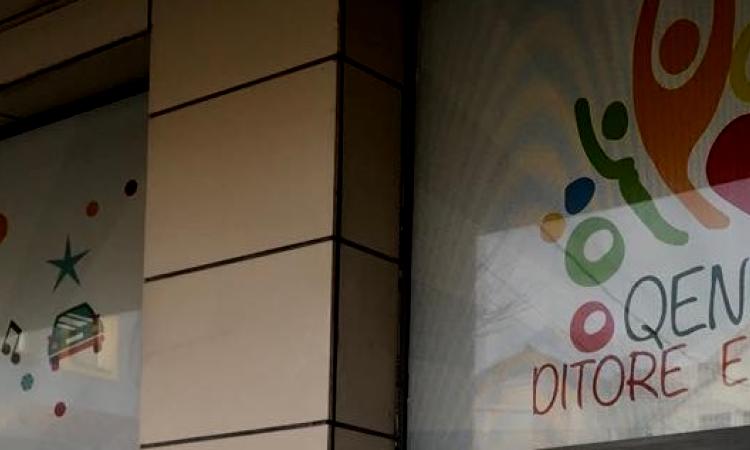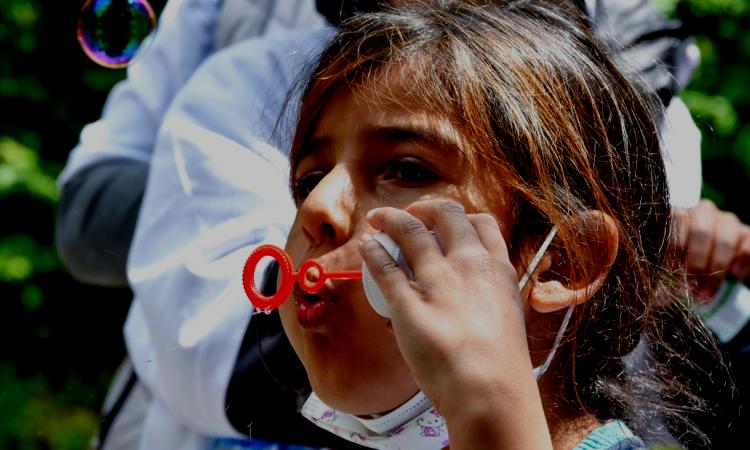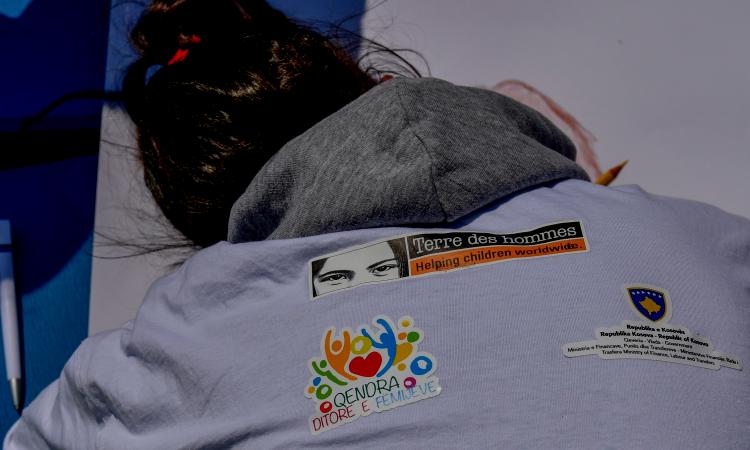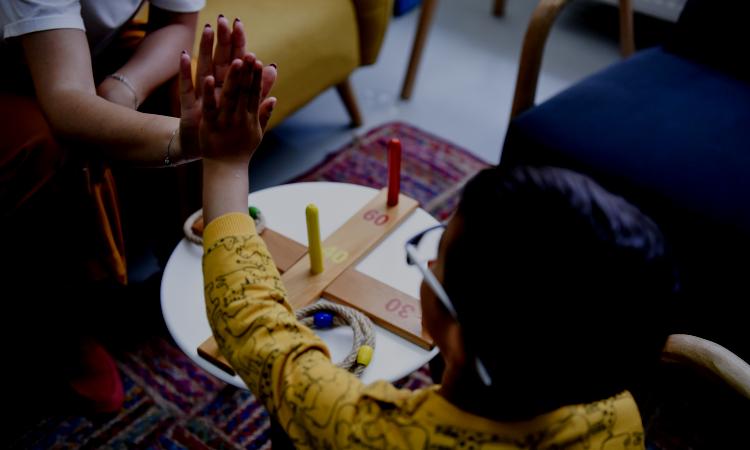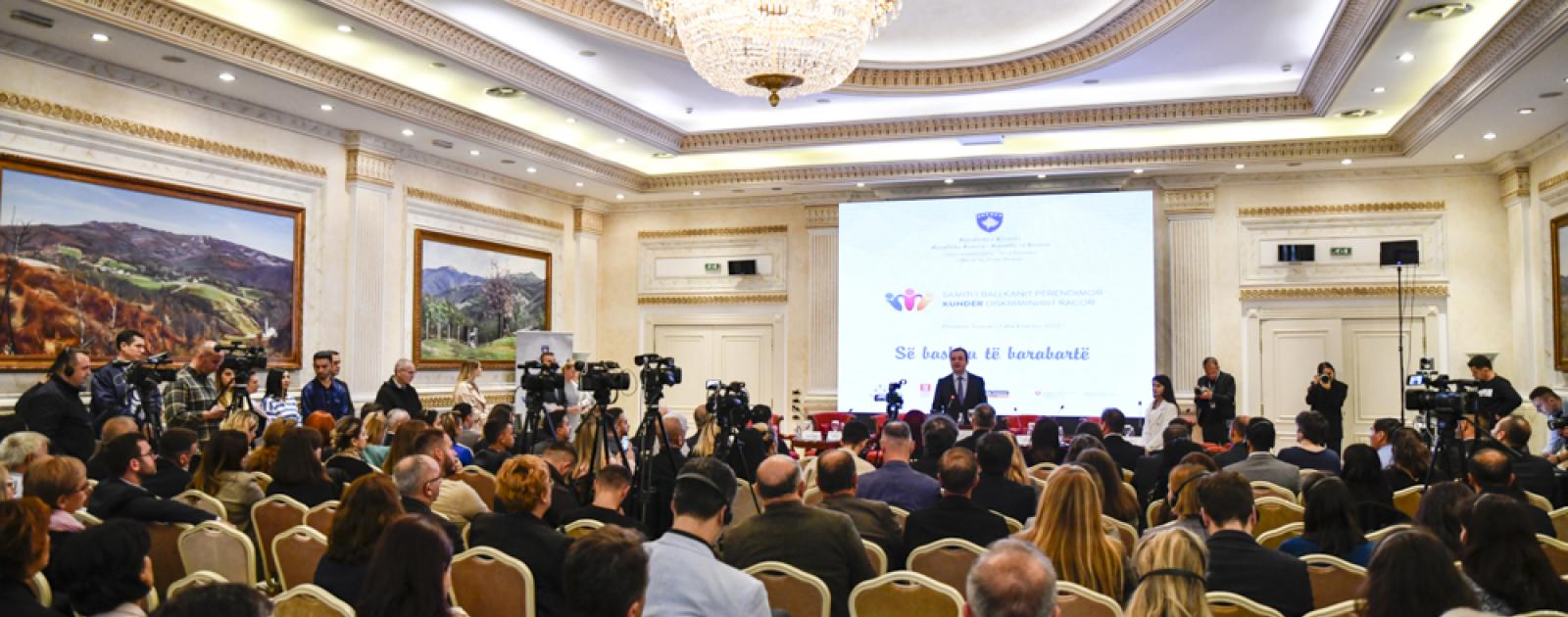
A document with twelve recommendations to combat antigypsism capped off Western Balkans Summit Against Racial Discrimination, held in Prishtina, on November 7 and 8, 2022.
The regional summit gathered heads of governments, representatives of institutions, civil society organizations, journalists, as well as other stakeholders in Western Balkans.
Through four panels – held on first day - and a workshop – during the second day, its participants emphasized challenges that Western Balkans countries face in fighting racial discrimination, while speaking about the measures to deal with them.
The summit served as platform for exchanging experiences in Balkans related to activities undertaken in combating racism and discrimination against Roma, Ashkali and Egyptian communities. It was organized under the patronage of Office of the Prime Minister – Republic of Kosova, supported by Terre des hommes – Kosova Delegation, Voice of Roma, Ashkali and Egyptians, and Foundation HEKS, within the project – Social Justice for Roma, Ashkali and Egyptians, funded by Swiss Agency for Development and Cooperation.
Day one kicked off with welcome speeches by Prime Minister of Kosova Albin Kurti and Isak Skenderi - Executive Director of the organization “Voice of Roma, Ashkali and Egyptians”.
Prime Minister Kurti in his speech reiterated the importance of engagement of the whole society, so that its citizens feel equal. He also listed other important means in fighting inequality.
“Joint efforts of citizens, institutional responsibility, but also social awareness. A significant part of discrimination happens and is repeated, because it remains silent”, he said, while also encouraging the use of the Anti-Discrimination Platform.
Mr. Isak Skenderi, Executive Director of the Voice of Roma, Ashkali and Egyptians - Representative of the Consortium of the Social Justice Project, spoke about the dire situation of the Roma, Ashkali and Egyptian communities, while mentioning the steps undertaken in Kosova to fight racial discrimination.
“Today in Kosova, as in well as in other Western Balkan countries, Roma people are trapped in a vicious cycle of exclusion. They do not enjoy the rights, they lack opportunities, are without adequate health, social protection, and care. They are not empowered and important number of them are confronted with lack of opportunities to have access to the fast developments of digital skills, required by the job market and the private sector. All of this is sustained by discrimination and Anti-Gypsism, which leads to disengagement, demotivation, and disinterest, again reinforcing exclusion”, he said, while also referring to the root causes: “Lack of knowledge about the history of the communities and widespread unconsciousness about stigmatizing concepts are among main drivers of Anti-gypsyism in Kosova today".
However, he reiterated that with support of the Swiss Government, Kosova became one of the first countries to address Anti-Gypsism, through a specific and targeted set of concrete planned actions.
Panel Discussion One: “Addressing key factors of exclusion of Roma, Ashkali and Egyptian communities”
After welcome speeches, Panel 1 kicked off discussions. Its topic was “Addressing the key factors of exclusion of the Roma, Ashkali and Egyptian communities”.
During panel discussions, Prime Minister Kurti emphasized the importance of the school in the institutionalization of the language, while also making a call.
“The school is the place where the child meets the state, and our state must prove itself at the school… Don't be content with inclusion, ask for participation since that makes us equal. Also, not only integration, but attitude, because being excluded and marginalized is a matter of freedom”, appealed Kurti.
During the panel, he also spoke about his government’s support for students and businesses of the Roma, Ashkali and Egyptian communities. He commenced and concluded his speech with a poem of Kujtim Pacaku, a former MP from the New Romani Party in Kosova, who died in 2018 and spent his entire life fighting for Roma rights.
Mr. Thomas Kolly, Ambassador of Switzerland in Kosova, while presenting the factual situation, spoke also about the measures that needed to be taken in fight against discrimination.
“What is to do by everybody is to increase awareness, to point that diversity is an asset, is an enrichment, speaking also about awareness that the 'chain is as strong as its weakest link, or that the wellbeing of a country is defined by the wellbeing of the weakest,” said Ambassador Kolly.
He also congratulated Kosova for the commitment to address the racial discrimination.
“Switzerland is quite active in that field (v.j. fight against discrimination), also in the side of the Embassy, but as you can see there are some Switzerland based organizations, like Heks and Terre des hommes, that are very active in very positive way”, he said.
Mr. Tomáš Szunyog, EU Ambassador in Kosova referred to historical aspects of racial discrimination.
"Racial discrimination is an evil, which has permeated societies across Europe for centuries and affected Roma, Ashkali, Egyptian communities here in Kosova too. Such discrimination can manifest itself in various forms".
Ambassador Szunyog listed recommendations for future steps, that needed to be undertaken: "EU 'European Union' has a zero-tolerance policy towards all forms of discrimination and prejudices, but it is only through a joint, robust and concrete commitment and actions that this virus can be eradicated".
Reflecting on the status of Roma, Ashkali and Egyptian communities in Kosova and the challenges facing them, he emphasized the need for concrete efforts and actions.
Z. Jeffrey M. Hovenier, Ambassador of the United States in Kosova, presented some thoughts related to the issue of racial discrimination.
"I think a lot about my country's history is an ongoing effort to be as good as the values that were laid out by our founding fathers. This is an ongoing struggle, in which we are imperfect", said Ambassador Hovenier.
He also listed USA efforts in combating discrimination in Kosova, while ending his speech with an appeal.
"I want parents and grandparents and brothers and sisters be equally intolerant about intolerance".
Mr. Artan Grubi, First Deputy Prime Minister and Minister of Political System and Intercommunity Relations in Republic of North Macedonia spoke about rights of communities in his country.
“The advancement of the communities' rights was achieved through Ohrid Agreement, when the Albanian language was made official, including the use of the flag. One of its mechanisms regulates the possibility of employment in the administration. If we compare the ethnic structure, we see that we have a satisfactory participation of communities, in relation to the majority community", he said.
Grubi also referred to the historical aspects of the battles in North Macedonia, comparing them to present situation.
“The time when communication with people from different ethnic communities can cause riots and disagreements is over.”
Mr. Fatmir Gjeka, Minister of Human Rights and Minorities in Montenegro, also referred to issues of discrimination, while speaking about the state of rights in his country.
“The integration of Roma and marginalized communities in Montenegrin society was done by investing in the education of the children of these communities. The Ministry of Community Affairs undertakes activities to raise social integration and equality in state institutions and in the country”.
Minister Gjeka also emphasized the importance of this initiative.
“We have common problems, so such initiatives are quite significant to combat hate speech.”
Mrs. Denada Seferi, Deputy Minister in Ministry of Health and Social Protection in Albania declared that her country faces the same problems, regarding racial discrimination.
She also listed support, which was given by Albanian Government in combating discrimination, while ending her speech with the motto: “No one left behind”.
Part of the summit was also Mr. Dritan Abazović, Deputy Prime Minister of Montenegro. Through a video-message, he spoke about the importance of this initiative.
“I am more than convinced that today's discussion and dialogue will make a great contribution to cooperation in the region… We need cooperation in these areas, and I am sure that in the conclusion we will also have joint measures on how to fight racial discrimination”, he said.
